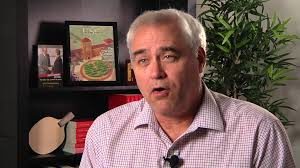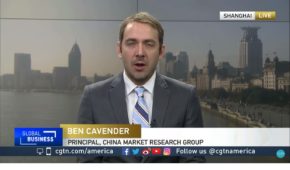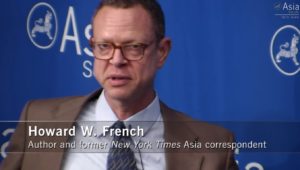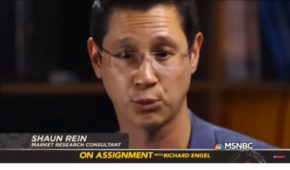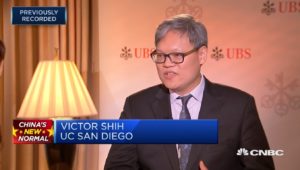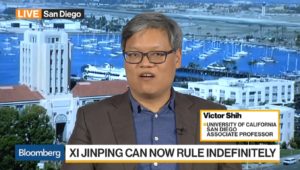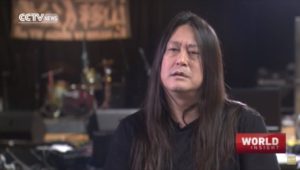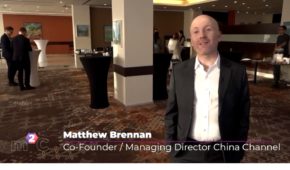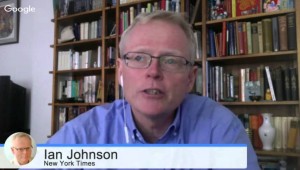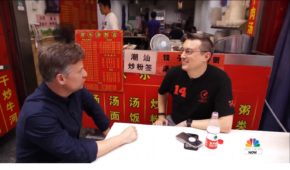 |
| William Bao Bean |
China's competitive landscape is changing fast, and the blooming incubators for startups offer multinational a much-needed edge in local competition, says
William Bao Bean, managing director of the Chinaccellator in Shanghai
to Forbes. “When you’re under pressure and local players are taking market share from you, you look to innovation.”
Forbes:
“The competition from the local players is really intense,” especially at a time of slowing economic growth this year, said William Bao Bean, managing director of Chinaccelerator, one of the most active foreign-backed accelerators in the country, in a recent interview.
To get an edge, more and more multinationals are turning to accelerators and incubators. “When things are going smoothly, you’re not feeling that pressure,” Bean said.
“When you’re under pressure and local players are taking market share from you, you look to innovation.”...
Bean, a graduate of Bowdoin College, knows his way around Asia, having moved to the region in the 1990s. After positions in Deutsche Bank, Softbank and SingTel Innov8, he in 2014 joined SOSV, a venture capital firm that runs accelerators. Chinaccelerator, where Bean is a managing director, provides seed capital and mentoring for globally minded technology entrepreneurs.
The search for innovation solutions helped spawn a Johnson & Johnson incubation facility in Shanghai that opened in June and will house up to 50 startups. It started with 31 resident companies at an event that was attended by Paul Stoffels, the company’s chief science officer.
“Johnson &Johnson has deep roots in China with an innovation footprint dating back nearly four decades,” Stoffels said in a statement. “We are committed to fueling innovation in the region and unleashing the power of science and technology to advance the health of people in China and around the world.”
Sanofi and Microsoft have also been notably active with a similar approach, Bean says. Merck, for its part, plans to open the Merck China Innovation Hub in Shanghai in October.
Yet it’s not only tech and pharma multinationals that are looking for new ideas through startups in China, Bean said. “Consumer brands are really looking for new cutting-edge solutions from startups to help them become more competitiveness versus much stronger local brands,” he said. The consumer-focused companies partnering with startups are no slouches: ABInBev and Unilever.
More in Forbes.
William Bao Bean is a speaker at the China Speakers Bureau. Do you need him at your meeting or conference? Do get in touch or fill in our speakers' request form.
Are you looking for more experts on innovation at the China Speakers Bureau? Do check out this list.
